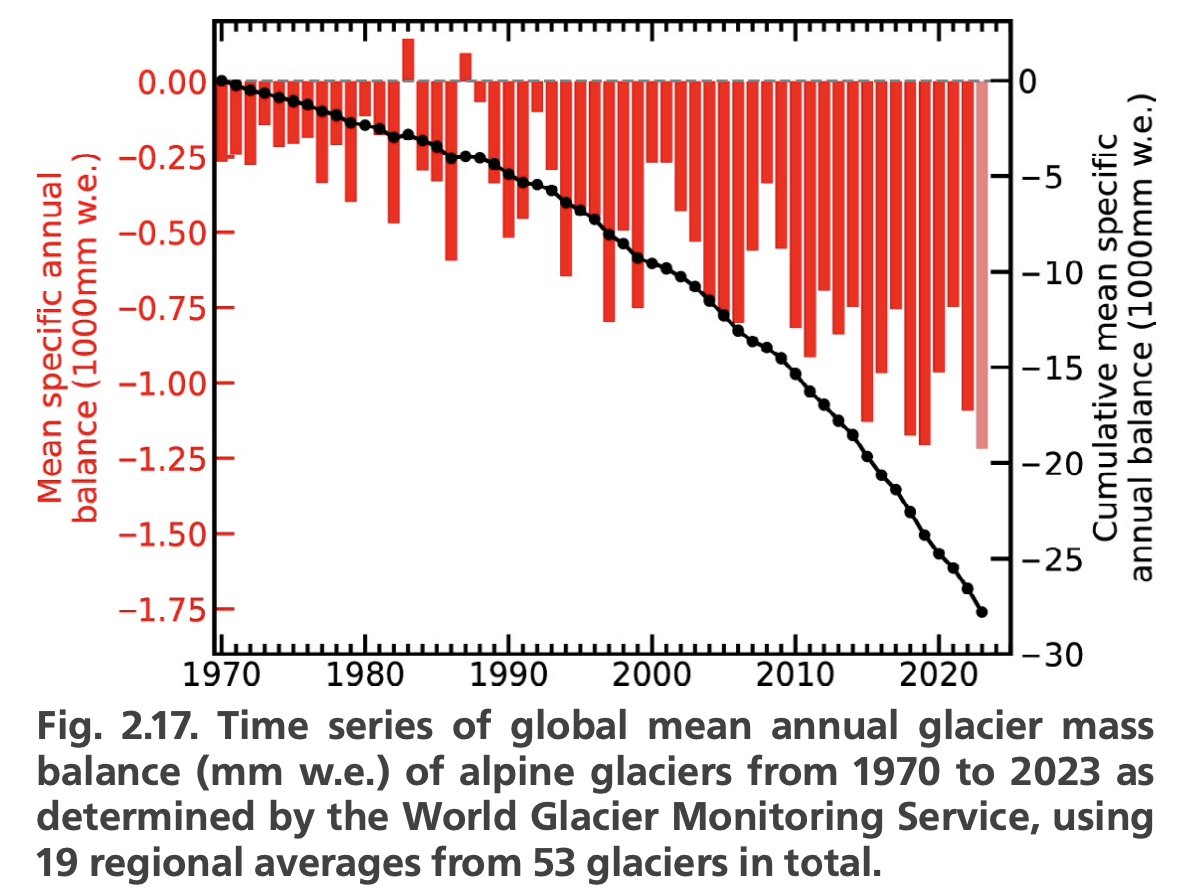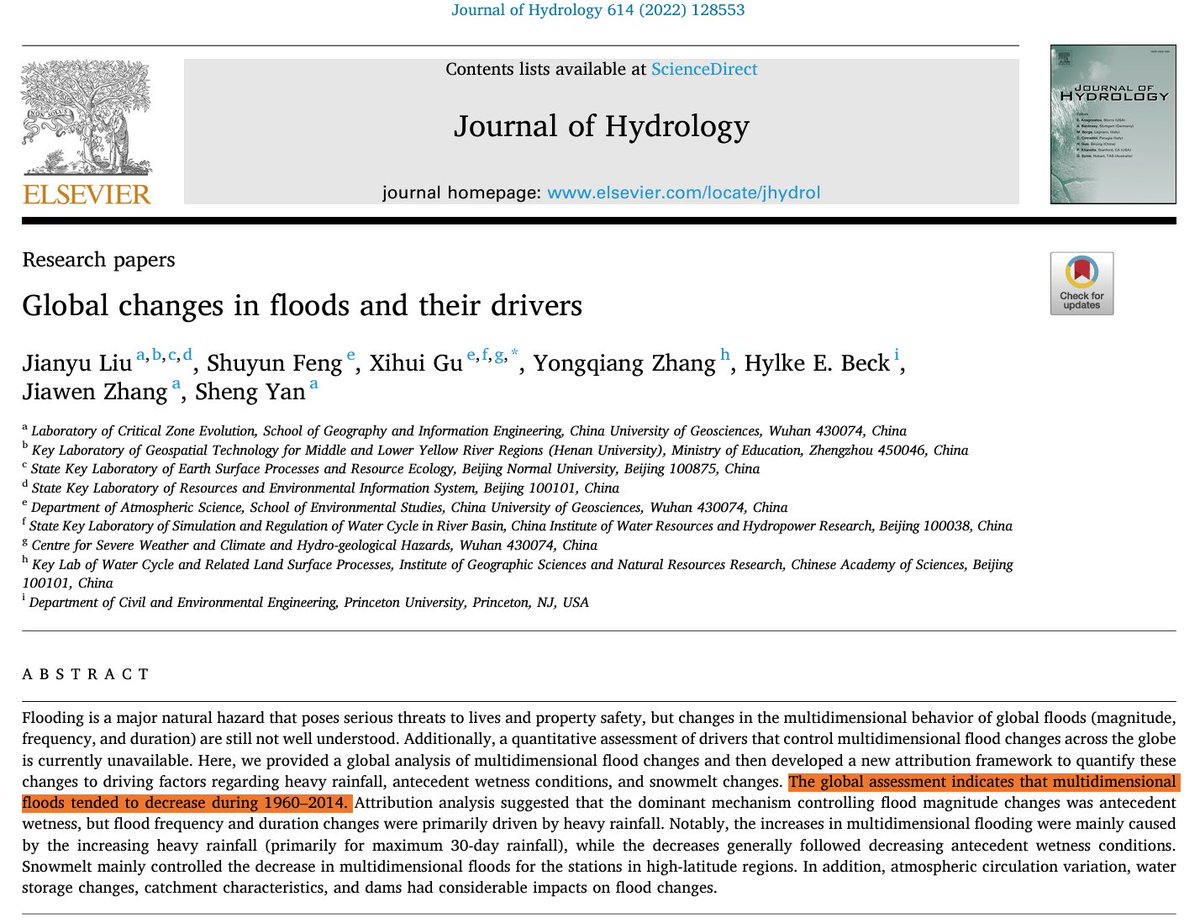Humans exhale CO2 but this does not contribute to global warming because that exhaled carbon was recently obtained from the atmosphere via plant photosynthesis and thus exhaling CO2 is just cycling carbon back to where it was recently extracted. #SJSU #METR12 #Globalwarming
Over the long term (millions of years) silicate-to-carbonate conversion draws CO2 out of the atmosphere and sequesters the carbon in the seafloor. This process is too slow to have any appreciable effect on the CO2 produced from fossil fuel burning. #SJSU #METR12 #Globalwarming
The carbon sequestered on the seafloor makes it back to the atmosphere via subduction of the oceanic crust and volcanic eruptions that release CO2. #SJSU #METR12 #Globalwarming
• • •
Missing some Tweet in this thread? You can try to
force a refresh

























